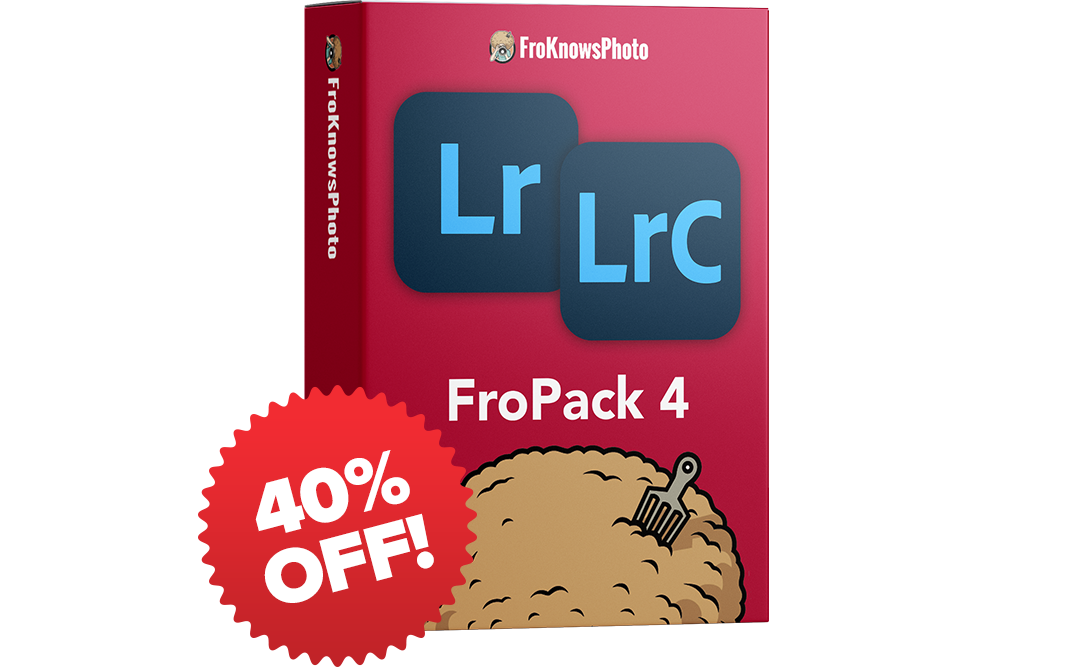Intro to Film Cameras
I love film and shooting film. I started shooting film as a kid and shot film thru college until I moved to digital. I still have my very first film camera, a Pentax ME-Super, however that camera doesn’t see as much use as some of my other film cameras that I tend to use on a regular basis. Shooting film will slow you down.
The workflow is not quick and intuitive like shooting digital. Beside my Nikon F100, all of my film cameras are 100% manual. That means no light meter, no auto focus. It’s amazing how with digital, we’ve come to rely on the camera’s built-in light meter. And how much easier it is to shoot with auto focus. And that LCD display on the back of the camera! We take a shot and then, bam, we can see exactly what we got. Not so easy with film.

Unless you’re shooting with a modular camera like a Hasselblad 500 series, where you can quickly and easily swap backs – from a film back to a polaroid back, you really can’t know what you’re getting until you get your film back from the lab. The cool thing about the Hasselblad with Polaroid back is that you can proof your images – provided you’re using the same film speed as your instant film.
Meaning, that if you’re shooting 100 speed film, then proofing with Polaroid FP-100C film is going to be a close approximation. This is as close to chimping as you can get with film! And it’s a bit of a process. Loading different film into different backs and the mechanics of it all. Definitely something that requires a fair bit of practice.
So… am I suggesting you run out and buy a film camera and film? Well, unless you’re super-curious, it’s a fairly big undertaking. First off, there’s the cost. What formerly was relatively inexpensive and the standard for photography, has now become more of a niche market. Lot’s of great film is no longer manufactured. Lots of great cameras are no longer manufactured. In fact, most camera manufacturers have abandoned film for digital, however it’s still alive and kicking. All I’m saying is for you to be prepared. Be prepared to mess up and be prepared to be amazed.
Whether it be mess up loading the film, or mess up your exposures, or mess up your focus. Film cameras are tricky to master. They all have different quirks. Same goes with film. Just because two types of film are the same speed, doesn’t mean they will look the same. I’d recommend you look online on sites like Flickr to see what different film and film cameras can produce. That may help give you an idea of what works for you and what you want to explore.
Am I suggesting you buy the same cameras as me? Not really. Yes, a Rolleiflex is a great camera. Same with a Hasselblad 500cm. So is the Nikon F100. But think about what it is you want to shoot, your work flow, your style, subject matter and devotion to the medium. There are tons of options with film cameras out there. From point and shoots, to 35mm SLRs to TLRs to Medium Format and that’s just conventional film. Then there’s the whole world of Polaroids!
So when buying a camera, make sure that it’s something that has good documentation available online. I always recommend googling the camera and downloading and reading the manual before you start using it. Even an old film camera. You will not only learn about the camera and it’s features, but you may find you learn some things about proper usage and avoid damaging the camera.
Think also about how you’re going to process the film. I have a lot of friends who do their own black and white negative processing in their apartments! It doesn’t require much in the way of space and equipment. Color is a different story and ideally needs to be sent out. Then there’s the whole thing with scanning negatives.
You will either need the negatives professionally scanned (a lot of film processing places offer this service), or if you do decide to get a film scanner, be prepared to spend time learning and tweaking things. Most consumer film scanners are mediocre. Sorry if I’m offending anyone, but to get super-rich, detailed, hi-res scans, you really do need professional gear.
So a little food for thought before you run out and buy a film camera or load film into that old camera you have laying around or was handed down to you buy your parents. I think shooting film can help make you a better photographer, but it’s up to you to weigh the pros and cons before you take the plunge.
Please subscribe and leave your questions and comments below.












